
How to Validate Your Online Course Idea Before Creating Content
Learn how to test your online course concept before investing months in content creation, with proven validation strategies that minimize risk and maximize market alignment.
Insights, tutorials, and news about digital skills and technology.

Learn how to test your online course concept before investing months in content creation, with proven validation strategies that minimize risk and maximize market alignment.

Discover the key indicators that signal you're ready to transition from part-time content creation to a full-time business, with practical guidance on timing, finances, and strategy.

Explore the strategic advantages of recurring revenue and one-time sales models, with practical guidance for finding the optimal mix that creates sustainable growth for your content business.
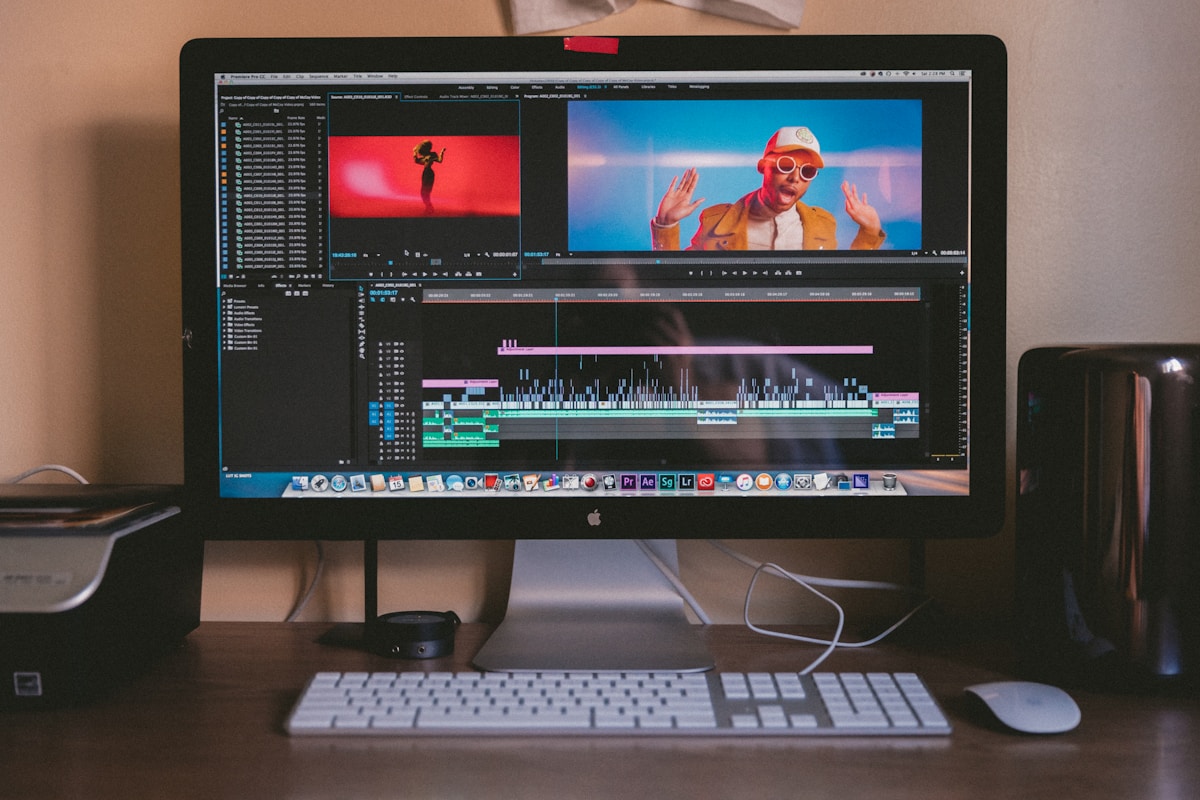
The world of online learning is evolving rapidly, and LiveSkillsHub is proud to be at the forefront of this revolution. Today, we're thrilled to annou...

In today's digital education landscape, the difference between a successful course and one that fades into obscurity often comes down to one critical ...
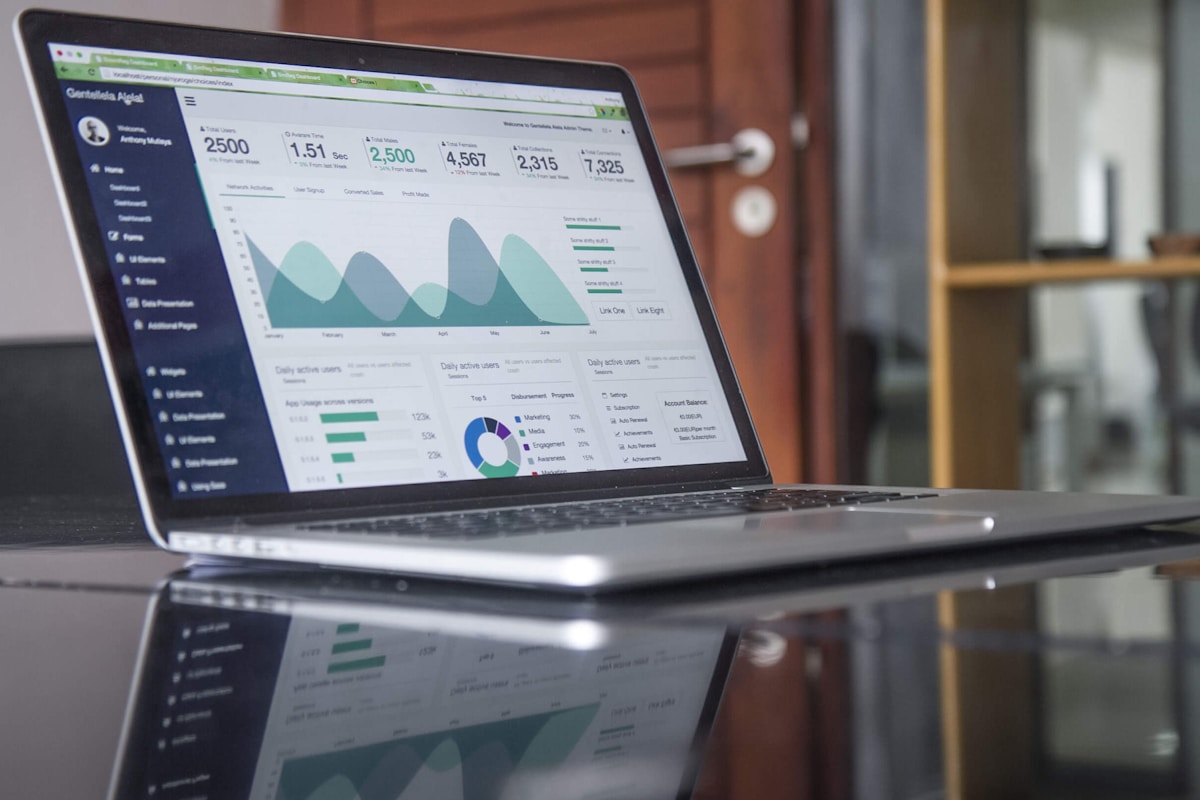
In the crowded marketplace of digital education platforms, creators are bombarded with flashy marketing claims and endless feature lists. But which pl...
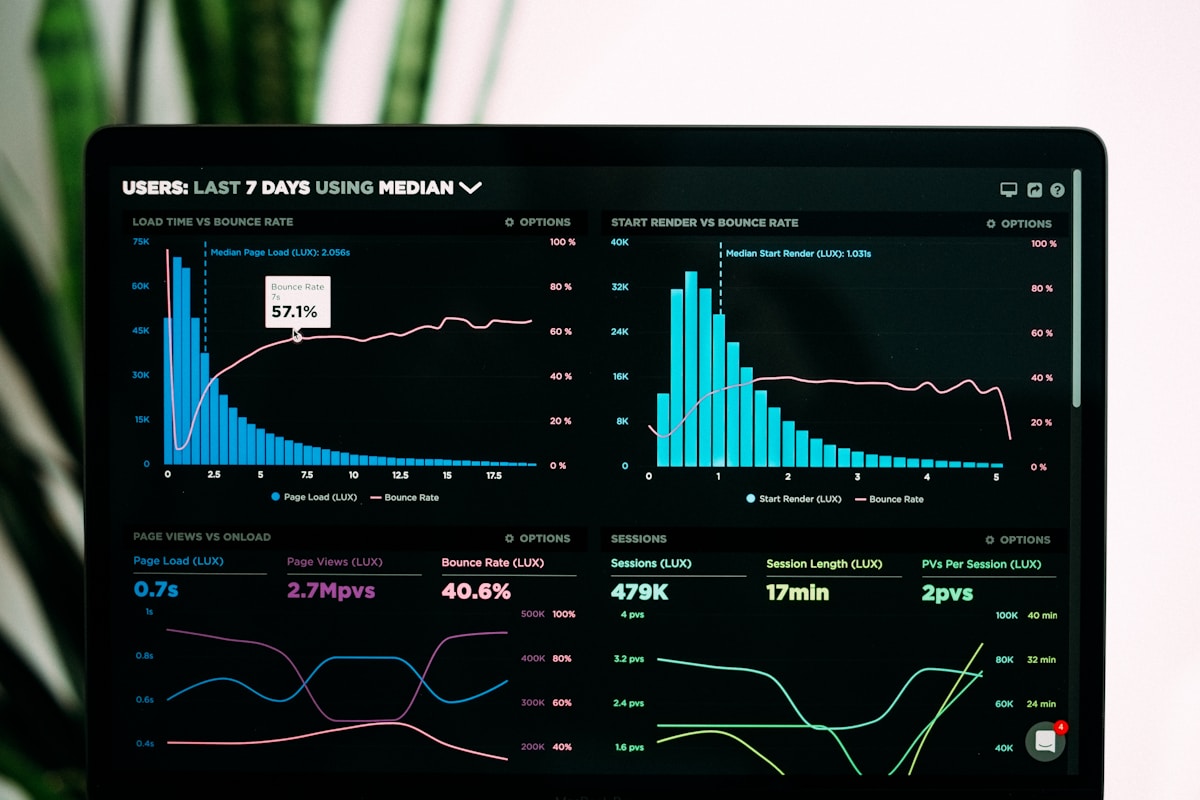
In the rapidly evolving landscape of digital education and online learning, subscription-based business models have become the backbone of sustainable...

When it comes to selling online courses and digital education products, how you structure your pricing can be just as important as the content itself....

In the competitive landscape of digital education, converting casual visitors into paying customers requires more than just great content—it demands...
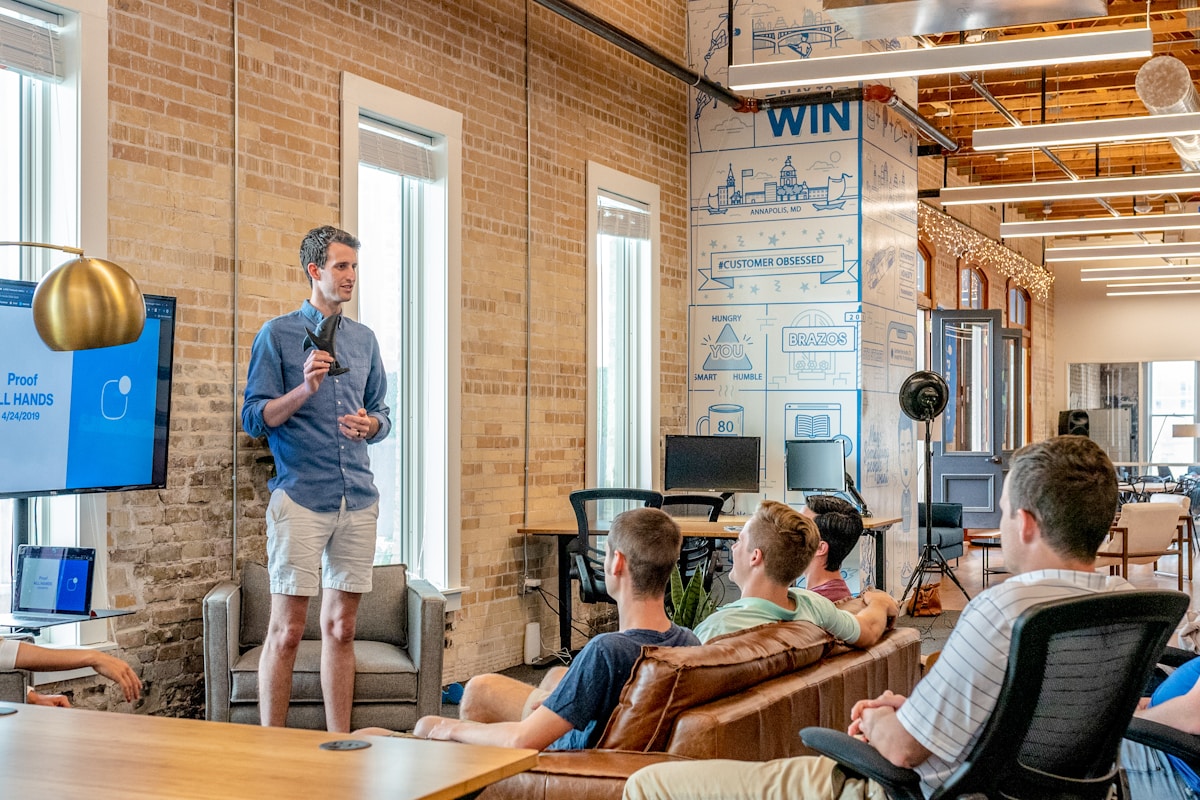
The evolution from content creator to community leader represents one of the most significant shifts in the digital education landscape. While creatin...

The journey from solo knowledge creator to leader of a thriving education business is both exciting and challenging. Many experts find themselves trap...
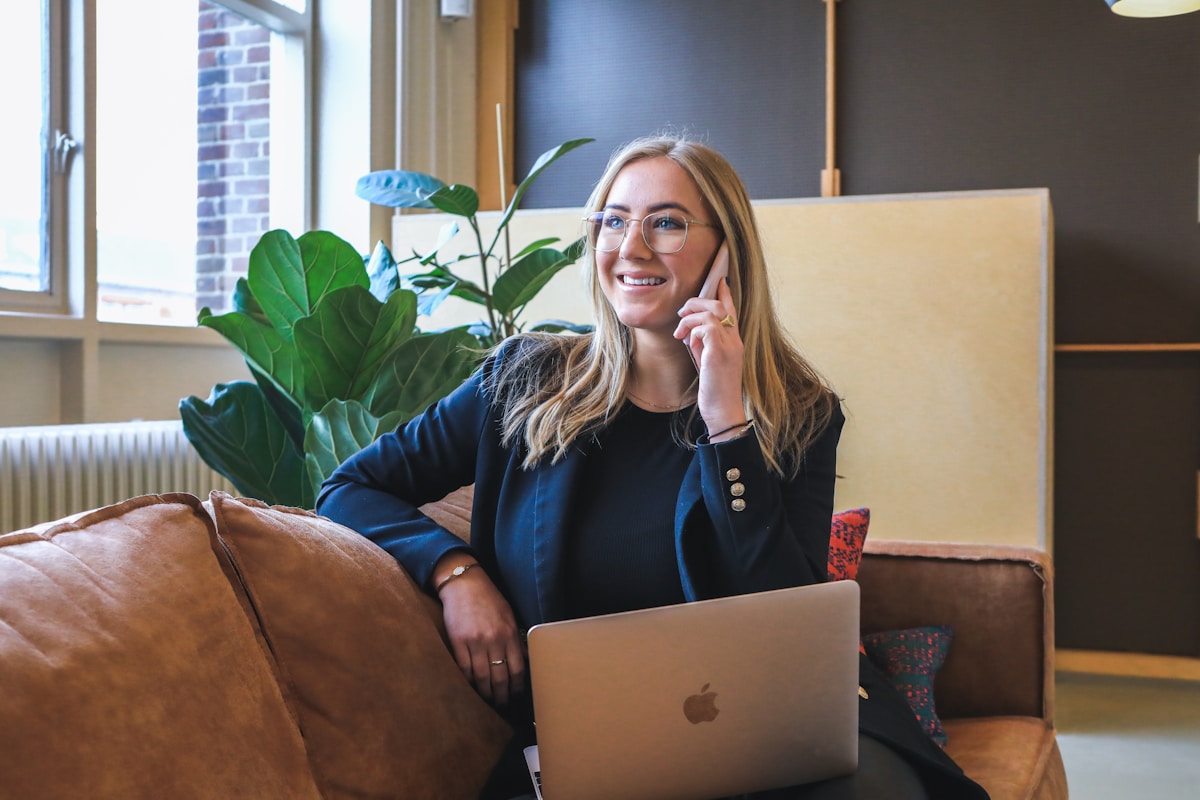
The digital education landscape has exploded, with over 200 million people worldwide now creating and selling knowledge online. Yet behind the inspira...

The digital education landscape has dramatically evolved over the past five years, with creators facing a critical decision: should they offer their k...

The creator economy is evolving rapidly, and by 2025, successful solo creators won't be relying on just one income source. The most resilient and prof...

Creating high-quality educational content can feel like a full-time job—especially when you're juggling teaching, administration, and your own profe...
Subscribe to our newsletter to receive the latest articles and updates.
Subscribe NowWe use cookies to enhance your experience.
We use cookies to enhance your experience and analyse our traffic. By clicking "Accept", you consent to our use of cookies.